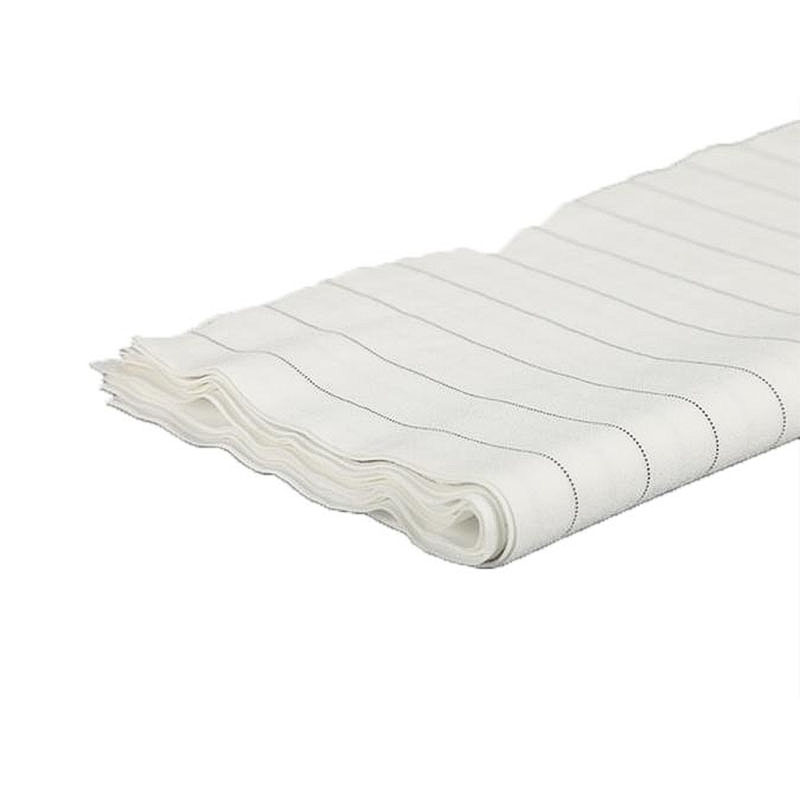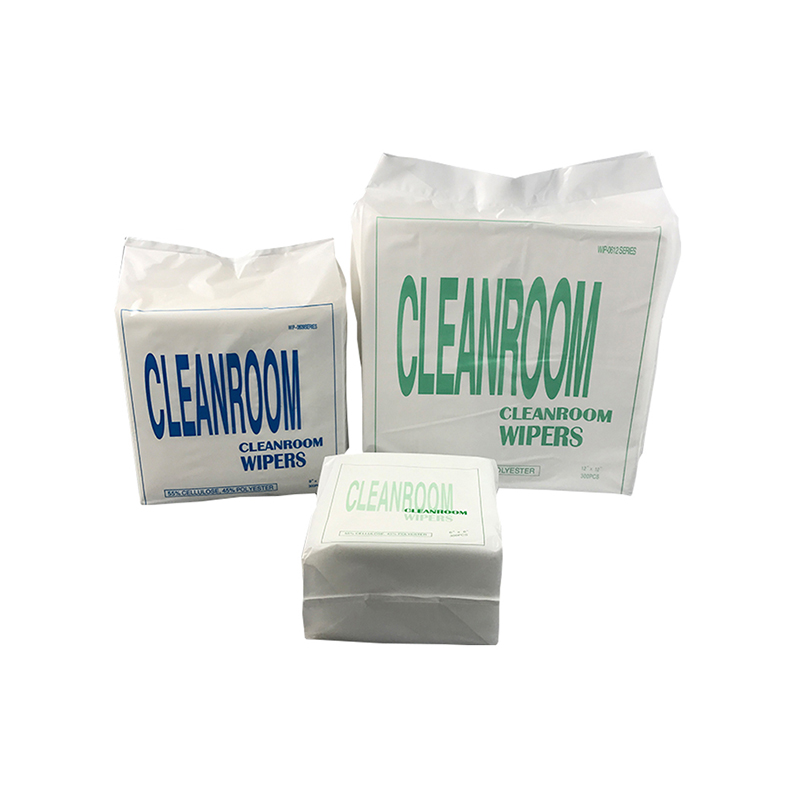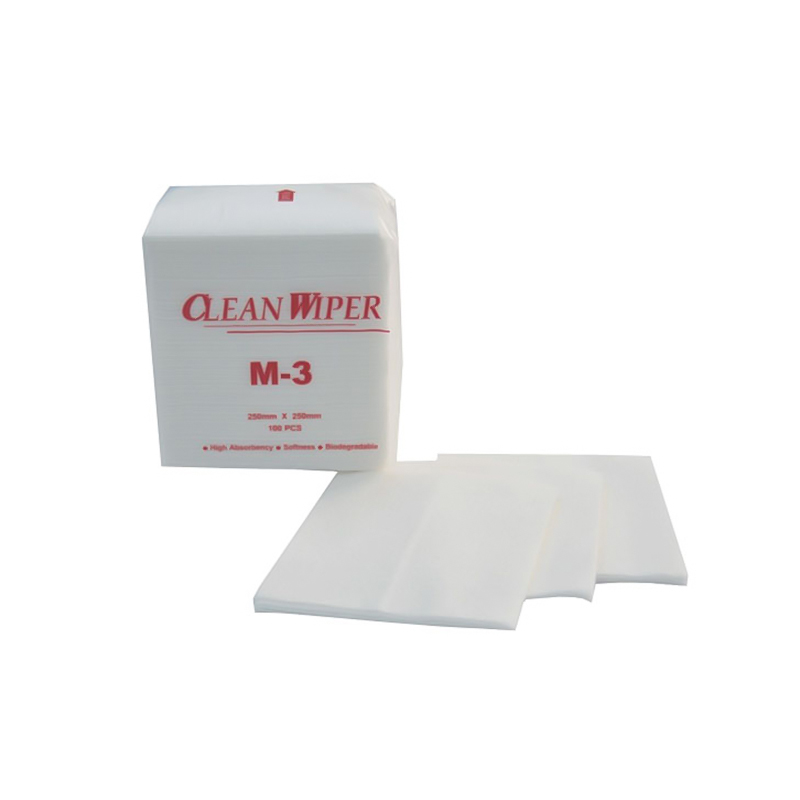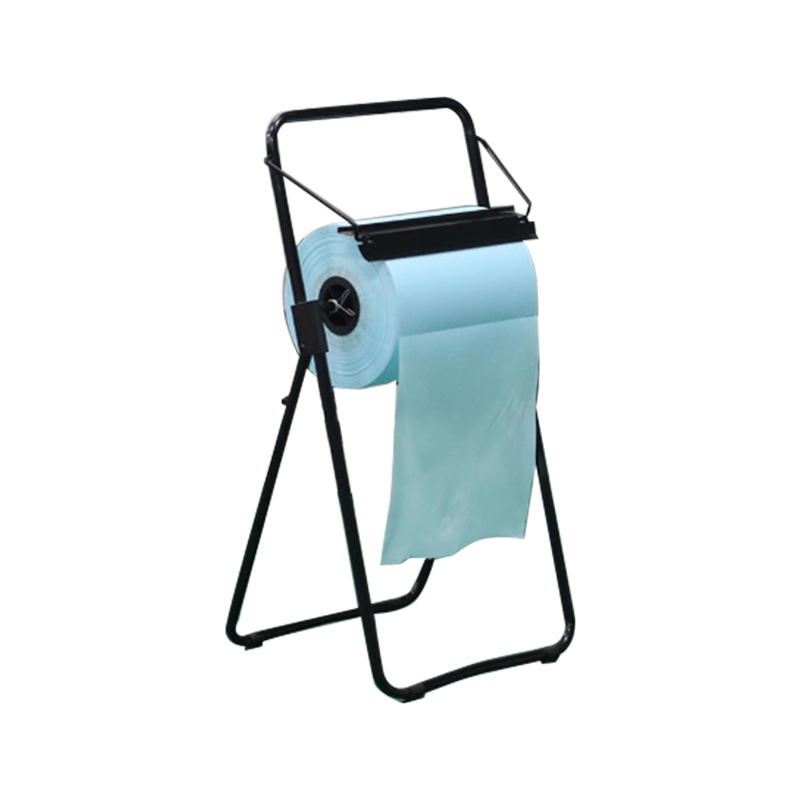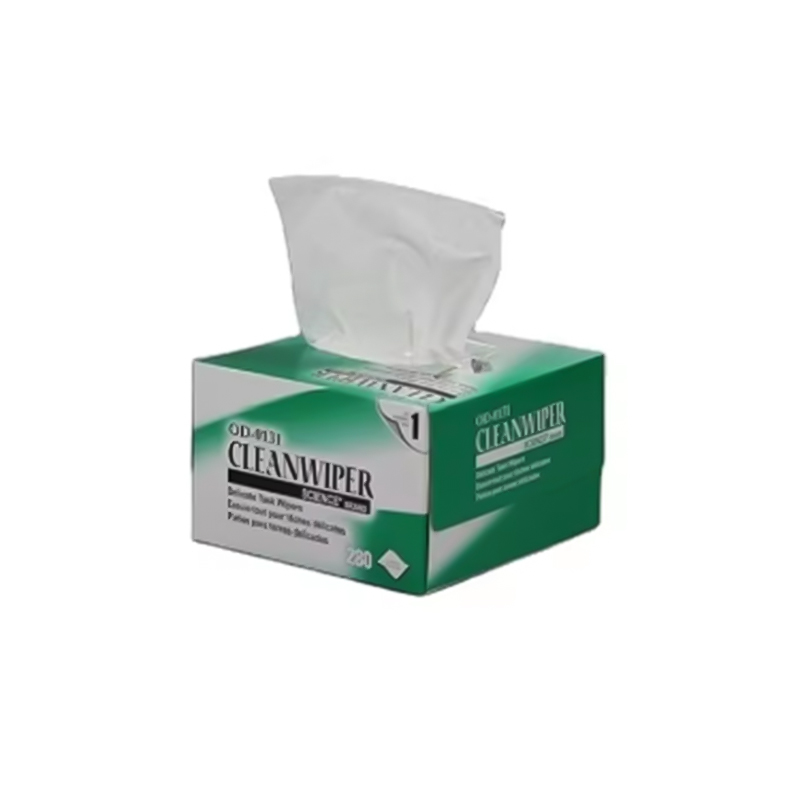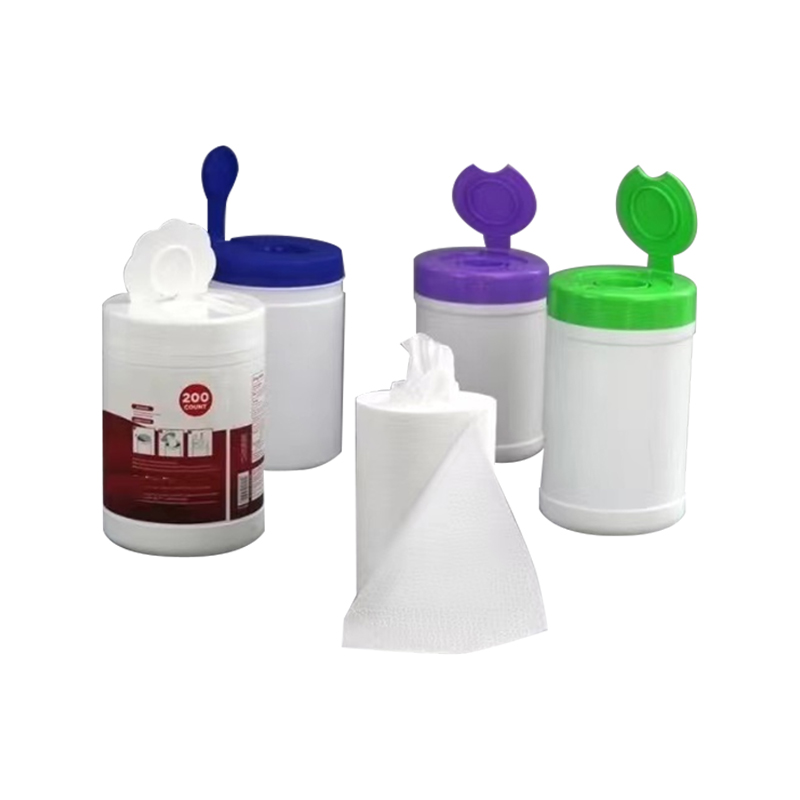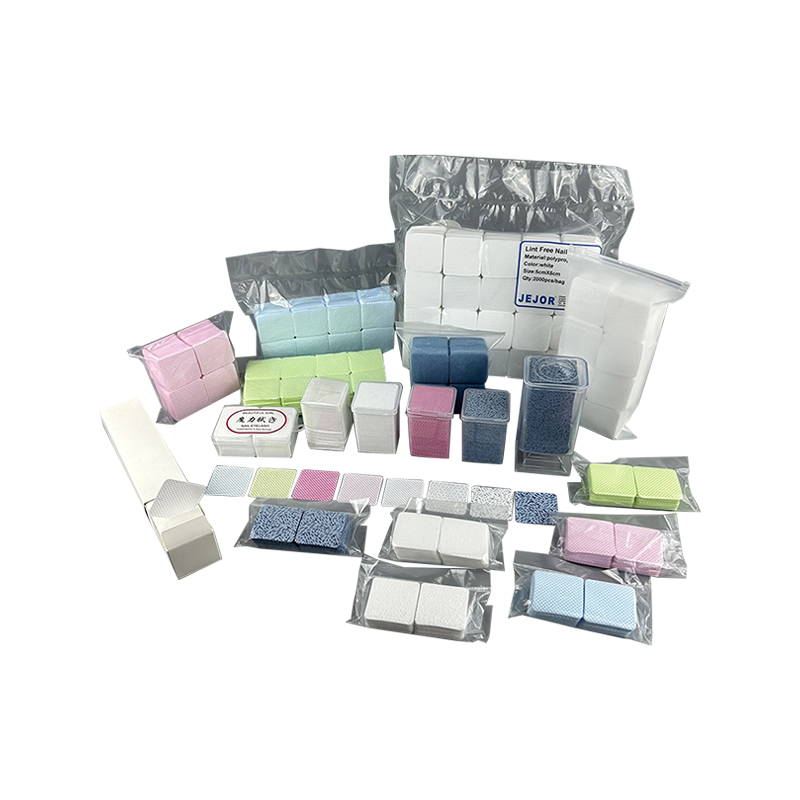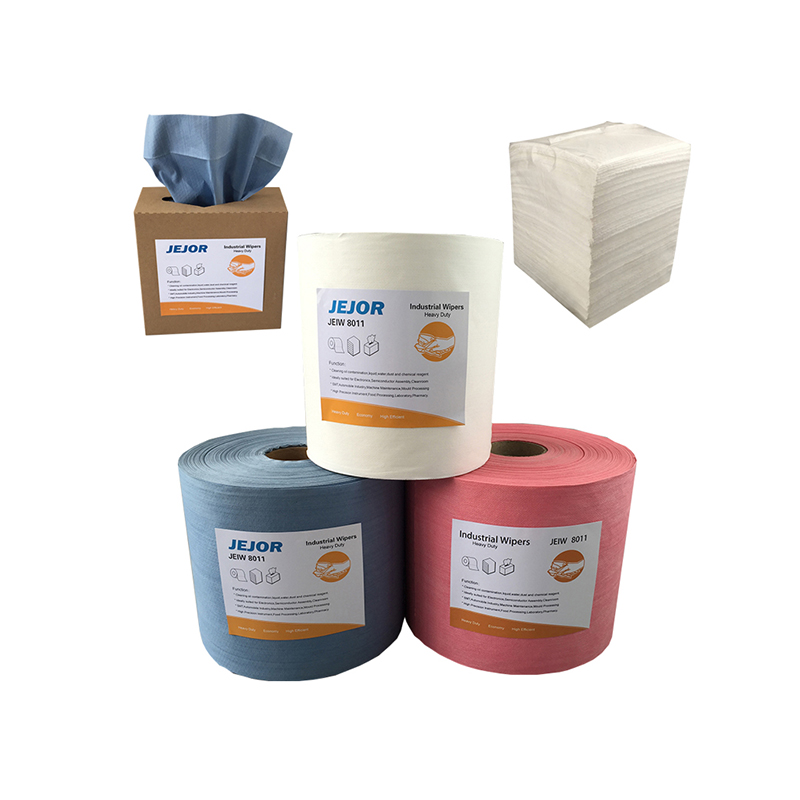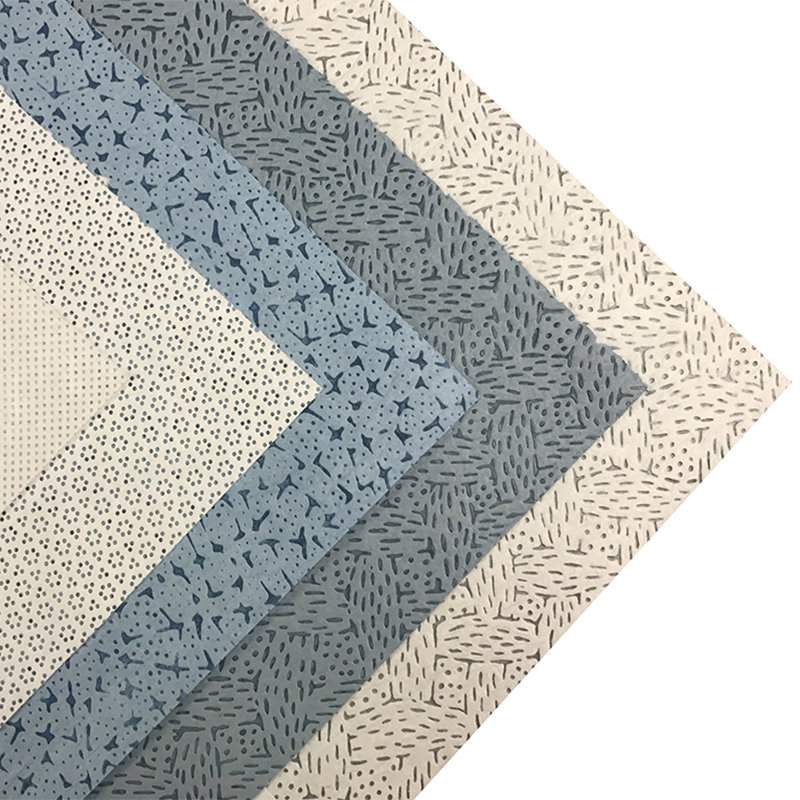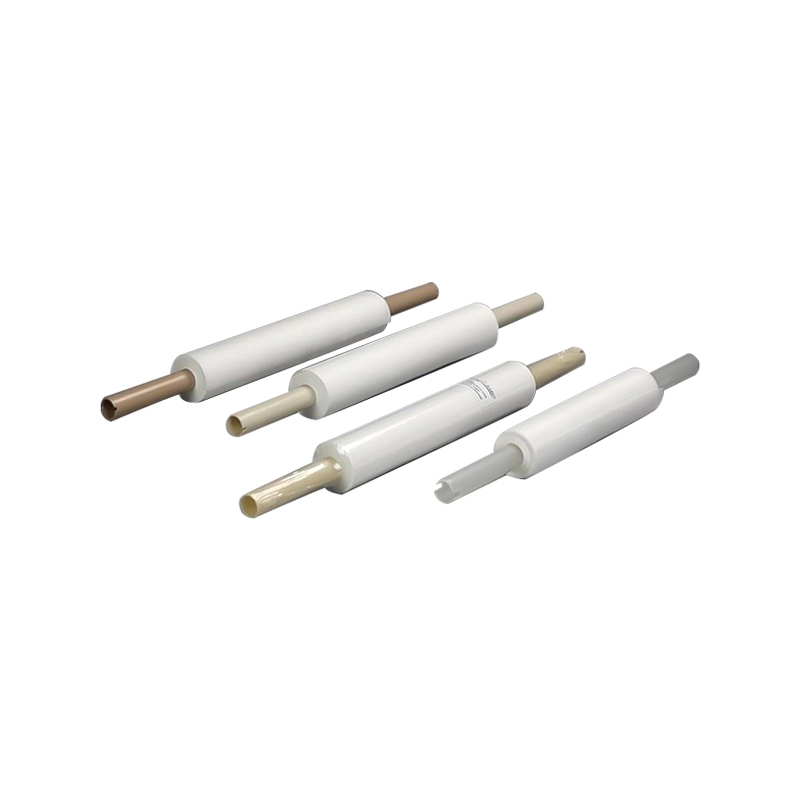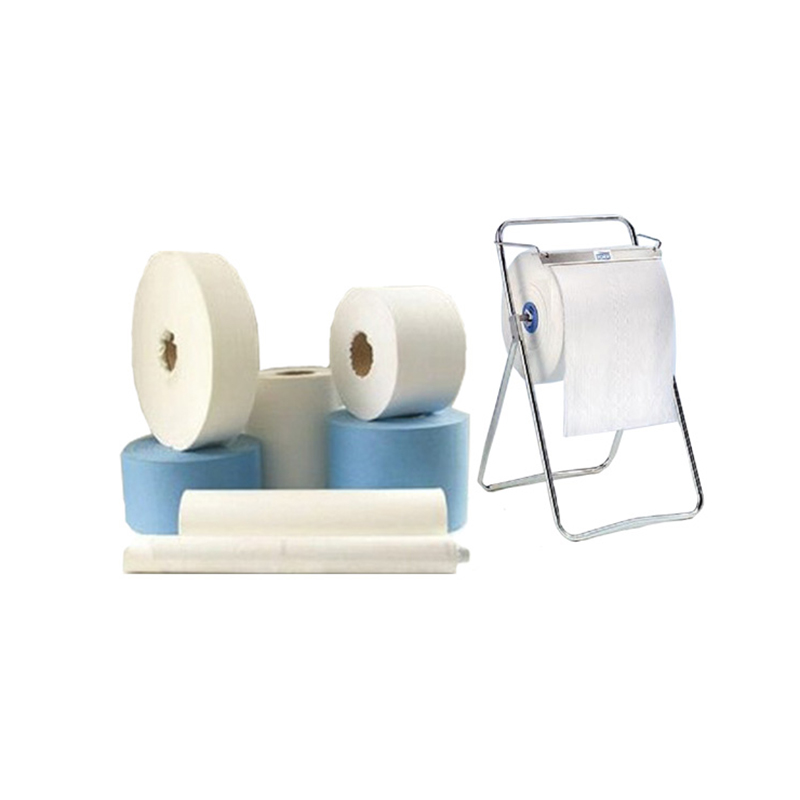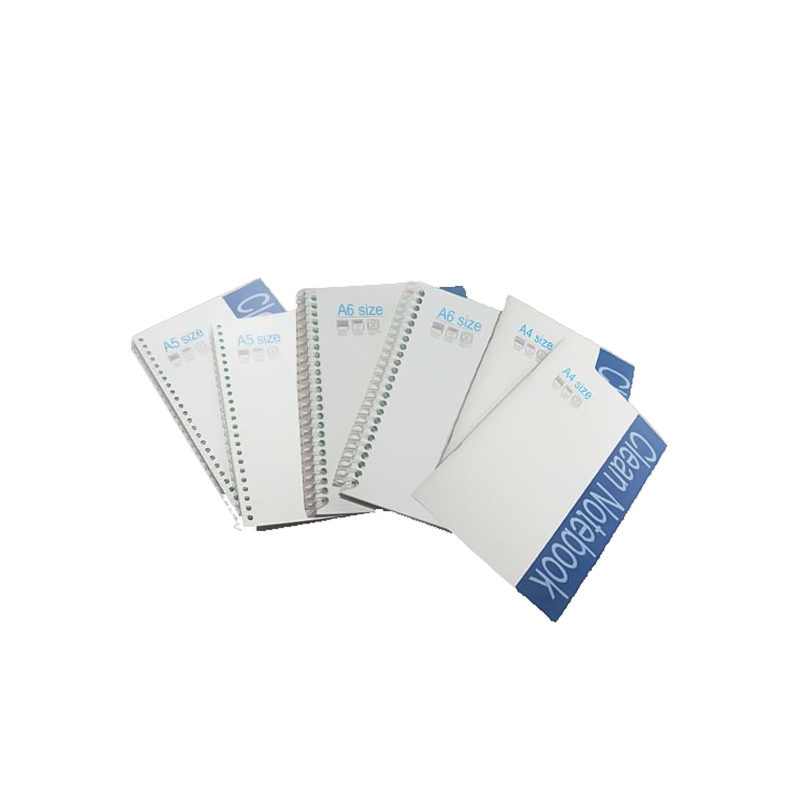Cleanroom Wiper Materials and Their Impact on Cleaning Performance
Allowed Materials in Cleanrooms
Ultra-fine fiber materials are the core material for cleanroom wipers. These fibers have a diameter typically less than 10 micrometers, making them more effective at capturing micron-sized dust and particles. Suzhou Jujie Electron Co., Ltd. produces ultra-fine fiber wipers through special weaving techniques, ensuring tight fiber arrangement to reduce particle release, meeting ISO 5 class cleanroom particle control requirements.
Electrostatic Dissipative Materials
Electronic components in cleanrooms are sensitive to static electricity, so wipers must have electrostatic dissipative properties. Suzhou Jujie's electrostatic wipers use conductive fibers mixed with ultra-fine fibers, with surface resistance controlled between 10⁶-10⁹Ω, effectively dissipating static electricity to prevent damage to sensitive equipment.
Lint-Free/Low-Dust Materials
Cleanrooms require materials that do not shed lint to prevent environmental contamination. Suzhou Jujie's lint-free wipers (e.g., JW-08522) are produced in an 8000m² cleanroom using laser cutting or ultrasonic cutting, with edges free of lint and lint release below 0.1mg/100cm², meeting NEBB (North American Energy Engineering Association) certification standards.
Chemically Resistant Materials
Some cleanrooms require wipers that can withstand chemical solvents. Suzhou Jujie's wipers can withstand alcohols, acetone, and other common solvents, with materials (e.g., polyester) that are not easily corroded, ensuring long-term performance.
Impact of Material on Cleaning Performance
Effect of Material on Absorption
Ultra-fine fiber materials have high absorbency, with micro-pore structures that can quickly absorb liquids (absorption rate up to 7-10 times their weight), more effectively removing liquid residues compared to ordinary cotton (absorption rate of 3-5 times), reducing water stains and maintaining cleanliness.
Effect of Material on Particle Release
Ordinary cotton fibers are coarser and can shed lint and particles during use. Suzhou Jujie's ultra-fine fiber wipers (e.g., JW-08522) have fibers less than 5 micrometers in diameter and are heat-set, with extremely low lint release (≤0.01mg/100cm²), effectively preventing secondary contamination and meeting ISO 5 class cleanroom particle concentration requirements (≤3520 particles/m³, ≥0.5μm).
Effect of Material on Abrasion Resistance
Cleanroom wipers are frequently used, and abrasion resistance directly affects lifespan. Suzhou Jujie's wipers use high-density weaving, with tightly interwoven fibers, lasting up to 1000 times more than ordinary cotton (500 times), maintaining good cleaning performance and reducing replacement frequency.
Effect of Material on Electrostatic Control
Electrostatic wipers (e.g., JW-14061) with conductive fibers quickly dissipate static electricity, preventing dust attraction or damage to sensitive components. Non-electrostatic materials can cause static electricity to attract airborne particles, leading to re-contamination after cleaning.
How to choose the cleanroom wiper suitable for specific application scenarios from Suzhou Jujie Electron Co., Ltd?
ISO 5 Class (Class 100) Cleanrooms (e.g., Semiconductor Front-End Processes)
Choose ultra-low-dust, high-purity wipers, such as Suzhou Jujie's JW-08522, with lint release ≤0.01mg/100cm², meeting ISO 5 class requirements.
ISO 6 Class (Class 1000) Cleanrooms (e.g., Electronics Assembly, Medical Packaging)
Choose cost-effective options like JW-09012 for daily cleaning needs.
Application-Specific Selection
Electronics Industry (e.g., LCD, Chip Manufacturing): Choose electrostatic, lint-free wipers like JW-18043, with surface resistance 10⁶-10⁹Ω, preventing damage to sensitive components.
Medical Industry (e.g., Operating Rooms, Labs): Choose chemically resistant, biocompatible wipers, such as Suzhou Jujie's medical-grade ultra-fine fiber wipers, tolerable to alcohol, iodine, and other disinfectants, with no harmful substance release.
Precision Manufacturing (e.g., Optical Lenses, Precision Instruments): Choose soft, non-abrasive wipers like JW-14061, with softness ≥5 (ASTM standard), not scratching surfaces.
Cleaning Need-Specific Selection
Dry Wipe (e.g., Dust, Particles Removal): Choose ultra-fine fiber dry wipers (e.g., JW-08522), with high fiber density, effectively capturing micron-sized particles.
Wet Wipe (e.g., Liquid Residue, Oil Stains): Choose high-absorbency wet wipers (e.g., JW-09012), with absorption rate ≥700%, quickly absorbing liquids, avoiding water stains.
Standard and Certification-Specific Selection
Suzhou Jujie's wipers meet ISO 14644 (cleanroom standards), NEBB (North American Cleanroom Certification), RoHS (Environmental Certification), etc. Choose models that meet industry standards (e.g., JW-08522 through ISO 5 class certification). Custom services are also available, such as special sizes, printed markings, etc.
Content
- 1 Cleanroom Wiper Materials and Their Impact on Cleaning Performance
- 1.1 Allowed Materials in Cleanrooms
- 1.2 Electrostatic Dissipative Materials
- 1.3 Lint-Free/Low-Dust Materials
- 1.4 Chemically Resistant Materials
- 1.5 Impact of Material on Cleaning Performance
- 1.6 How to choose the cleanroom wiper suitable for specific application scenarios from Suzhou Jujie Electron Co., Ltd?

 中文简体
中文简体 English
English Español
Español русский
русский Deutsch
Deutsch Français
Français